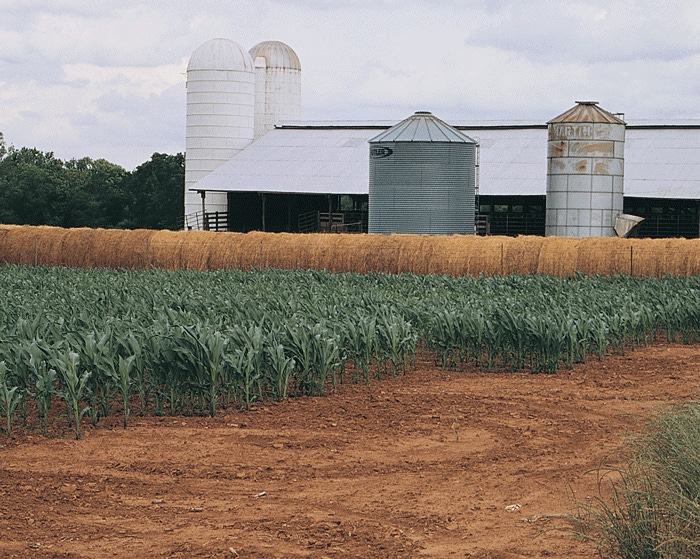October 21, 2011

Up to five North Carolina communities will receive support to develop incubator farms to attract new farmers, thanks to an effort by the Center for Environmental Farming Systems.
Incubator farms provide aspiring farmers with a place to learn, try their hand at farming and develop the markets to make their own operations successful.
CEFS has announced the launch of a new Incubator Farm Project that will support beginning farmers. The project isan integral part of the 10 percent campaign, a CEFS initiative that encourages consumers, businesses, institutions and agencies to spend 10 percent of their food dollars on locally produced foods.
Between now and Dec. 1, city and county governments and state agencies may submit proposals to be included in the initiative. Successful proposals will kick off with a community charrette to conceptualize the local incubator farm projects.
“Access to land has been identified as one of the top challenges facing new farmers in North Carolina,” said Joanna Massey Lelekacs, state coordinator of the project. “The Incubator Farm Project will work with communities to address this need by repurposing vacant public land into places that incubate new farmers.”
In exchange for a rent-free place to farm, the new farmers will be asked to give back to their communities, either by donating fresh farm products or other services for those in need, said Nancy Creamer, co-director of CEFS and North Carolina State University professor of horticultural science.
North Carolina Cooperative Extension is one of several partners in the Incubator Farm Project. Cooperative Extension already has established two incubator farms — Orange County’s Breeze Farm and Cabarrus County’s Lomax Farm.
In addition to land access, farmers receive education and support at these farms from Cooperative Extension agricultural agents.
Other partners
Other partners are the National Center for Appropriate Technology, Carolina Farm Stewardship Association and Andrew Branan, an attorney who concentrates his practice on production agriculture and land transfer issues.
Funding for the project is provided by the Beginning Farmer and Rancher Development Program of the National Institute of Food and Agriculture, U.S. Department of Agriculture.
CEFS will partner with municipalities, counties or state agencies to help develop up to five new incubator farms over the next two years. Successful applicants will meet the following criteria:
• Strong public leadership dedicated to developing an incubator farm;
• Strong community partnerships with organizations like N.C. Cooperative Extension or community colleges;
• Incubating farmers who will contribute to an identified community need instead of leasing land;
• Access to local, affordable housing in the community for new farmers with limited resources;
• Willingness of public land owner to turn vacant land into productive land;
• Consumer interest in local foods;
• And ideally, mentor farmers in the community.
In return, CEFS will assist with development of the new incubator farms by providing training, web-based resources, education on farm transition and land access, access to state agricultural professionals and business specialists, and partnership on grants for additional support.
CEFS will help each community develop their incubator farm by facilitating a charrette process that will result in a visioning report, concept plan or other materials for seeking additional funds.
Applications will be accepted through the online portal found at the project website: http://www.ncnewfarmers.org.
The application deadline is 5 p.m., Dec. 1. Applicants should address questions to [email protected], and additional information also is available at the website http://www.ncnewfarmers.org/.
CEFS develops and promotes food and farming systems that protect the environment, strengthen local communities, and provide economic opportunities in North Carolina and beyond. CEFS was established in 1994 by North Carolina State University and North Carolina A&T State University with the North Carolina Department of Agriculture and Consumer Services.
You May Also Like




